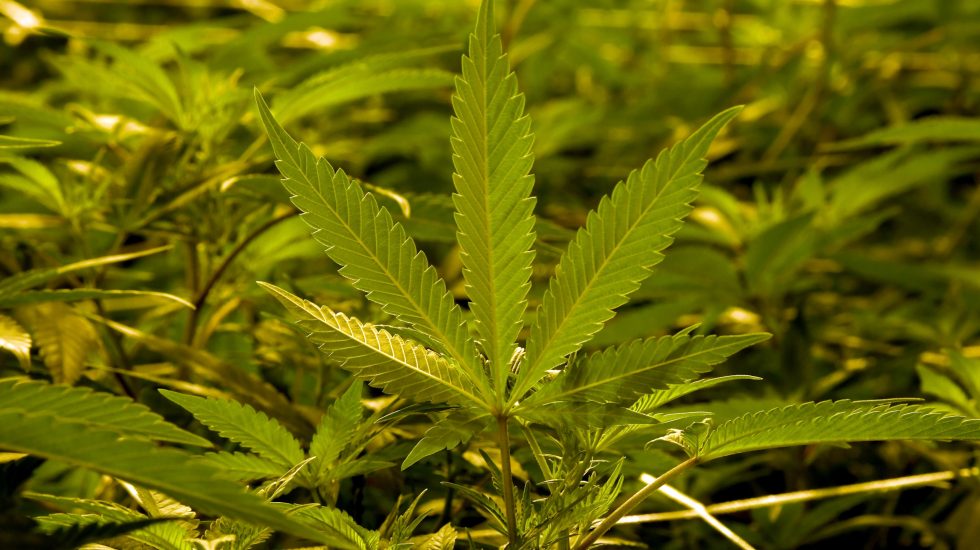New York lawmakers have reached a deal to legalize recreational marijuana in the state, according to a report in The New York Times.
The agreement between embattled Governor Andrew Cuomo and members of the state legislature paves the way for what can become a windfall for New York’s coffers. The governor’s office estimates that marijuana sales can generate $350 million in annual tax revenue and a consulting firm recently said the state’s marijuana industry can create tens of thousands of jobs and have a total market size of $5.8 billion by 2027.
The deal would restrict marijuana sales to adults 21 years or older. It still needs to be voted on, but its passage seems to be assured. The New York Times – citing three Albany insiders – says it might be approved by the Democratic-controlled State Legislature as early as next week.
The Times provides additional details:
The deal would allow delivery of the drug and permit club-like lounges or “consumption sites” where marijuana, but not alcohol, could be consumed, according to details obtained by The New York Times. It would also allow a person to cultivate up to six marijuana plants at home, indoors or outdoors, for personal use.
If approved, the first sales of legal marijuana are likely more than a year away: Officials must first face the daunting task of writing the complex rules that will control a highly regulated market, from the regulation of wholesalers and dispensaries, to the allocation of cultivating and retail licenses, to the creation of new taxes and a five-member control board that would oversee the industry.
The legalization of recreational marijuana is seen as a victory for minority groups often targeted for low-level crimes. A landmark ACLU study found that while whites and Blacks use marijuana at roughly the same rate, Blacks are almost four times more likely to be arrested for it.
Tax revenue from New York’s marijuana sales will be earmarked for minority owned business, according to the terms of the deal, and a chunk of marijuana business licenses will be reserved for minority entrepreneurs.
“For me this is a lot more than about raising revenue: It’s about investing in the lives of the people that have been damaged,” said Assemblywoman Crystal D. Peoples-Stokes, a Democrat from the Buffalo area.
In recent months, voters in Arizona, Montana, New Jersey and South Dakota approved measures to regulate cannabis for adult-use, according to National Conference of State Legislatures.



